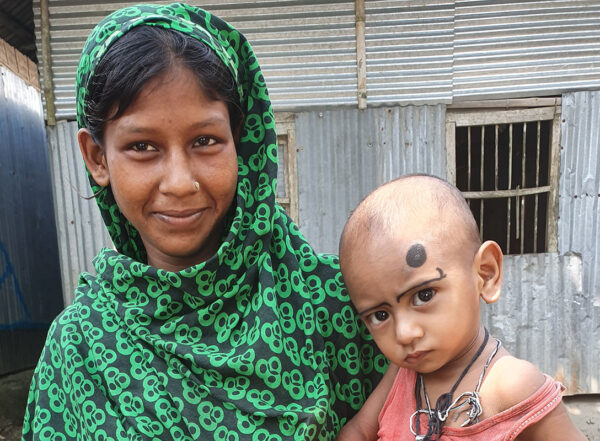Scientists evaluate surveillance after bladder cancer
New research is examining care after surgery in patients with bladder cancer with the goal of improving survival rates

Bladder cancer cells. Image courtesy of Wikimedia Commons.
After surgery for bladder cancer, patients typically receive periodic lab tests or imaging studies to monitor cancer recurrence. No standards currently exist, however, for follow-up care. As a result, some patients may not get the care they need to detect recurrence, while other patients may undergo excessive testing.
Now, researchers at Washington University School of Medicine are using results from the national Surveillance Epidemiology and End Results (SEER) database linked with Medicare claims to track the care of bladder cancer patients after surgery. Their study includes information from more than 2,400 patients with bladder cancer who had a radical or partial cystectomy from 1992-2007.
An analysis of the data should help the investigators determine which tests are most likely to benefit patients and improve overall survival.
Detecting recurrence more effectively
“There’s a lot of debate about whether patients should be getting ultrasounds, CT scans, PET scans or MRIs,” says Washington University urologic surgeon Seth Strope, MD, MPH, who is leading the National Cancer Institute-sponsored study. “We want to detect the recurrence of bladder cancer, but we also want to know the cost of doing so. Does a more expensive test make a difference in a patient’s care? That would be important to know, especially in today’s environment.”
The database gives Strope and his colleagues detailed information about a patient’s tumor, cancer treatment and follow-up care, as well as any other medical care the patient received.
The data suggest that once patients have a diagnosis of bladder cancer, they typically put off other aspects of their health care, such as regular doctors’ checkups. “We also think the study will show that continuing regular medical care is important to overall survival, even when a patient has had significant cancer surgery,” Strope says.







